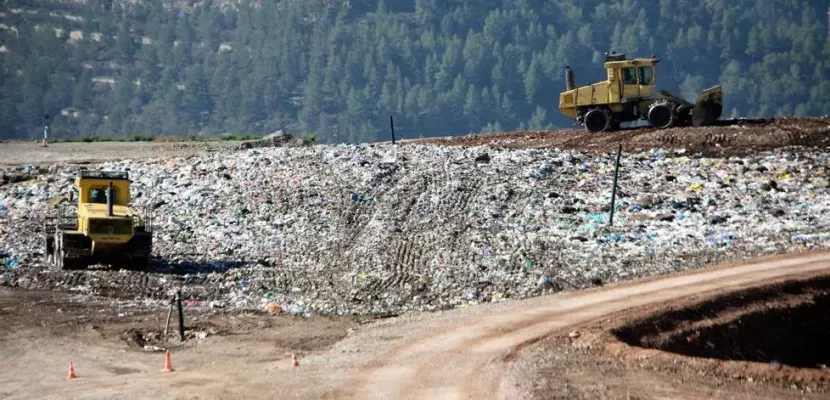
Performance-based Tax Return Boosts Organic Waste Recycling

About this good practice
Biowaste is the largest component of municipal waste, making its recycling essential to achieving high overall recycling rates. In 2023, the European Union's average rate of municipal waste prepared for reuse and recycling was 49%, with targets set to increase to at least 55% by 2025, 60% by 2030, and 65% by 2035. To meet these targets within the specified timelines, it is crucial to implement measures encouraging recycling, with a strong focus on organic waste.
In Catalonia, a highly effective measure has been the introduction of a performance-based tax return system for landfill and incineration taxes, based on each municipality’s recycling and/or treatment of organic waste. The tax return encourages municipalities to keep improving their recycling rate and rewards them according to their efforts, rather than just “punishing” them.
At least 50% of returned taxes must be allocated to the treatment of separately collected organic waste, with a focus on reducing its volume and improving its quality. The remaining 50% must be directed towards separately collected organic waste and other recyclable fractions (e.g., paper, textiles) and their valorisation. Also, to promote education and dissemination campaigns.
The Catalan Waste Agency, which belongs to the Catalan government, implements the practice. Municipalities and entities responsible for waste management are stakeholders and beneficiaries, as the returned taxes help enhance the municipalities' waste management systems.
Expert opinion
Resources needed
The Catalan Waste Agency manages the tax return through an online platform. The recycling rates are provided by waste management plants and uploaded to each municipality’s account so they can verify them and request the tax return, calculated from established criteria (quantity, quality, etc.)
Evidence of success
Landfill and incineration taxes and performance-based tax returns have proved to be an efficient economical tool to improve municipal waste management, increase separate collection and recycling (especially of the organic fraction), and reduce massive landfill and incineration.
In 2004, Catalonia’s selective recycling stood at 25%; in 2023, the percentage had increased to 46%. Moreover, the applied measures have also been effective in reducing overall waste.
Potential for learning or transfer
This good practice promotes the prevention and valorisation of waste while disincentivizing less environmentally appropriate options and financing municipal waste management infrastructure.
Economic measures are highly useful tools for waste management, as they can make the preferable management options more competitive compared to their easier but less environmentally friendly alternatives. This context encourages the implementation of new collection models or technologies, and the return of taxes based on performance incentivizes municipalities to prioritize the treatment and recovery of organic waste and selective collection.
The return of taxes has a significant impact on municipal recycling and its implementation is not costly, especially in the EU countries where landfill and/or incineration taxes are already in place. Therefore, this practice does not require a significant additional effort from the institutions involved and offers a substantial return in exchange.
Good practice owner
You can contact the good practice owner below for more detailed information.
CERCA Institute-Catalan Research Centres Institute

